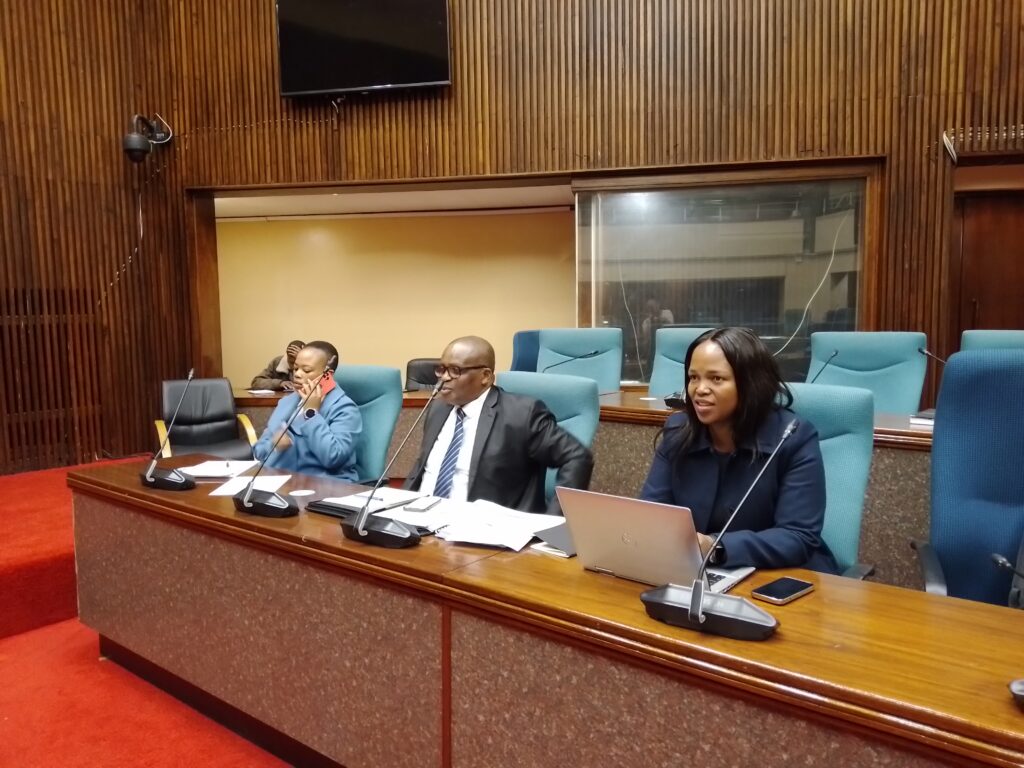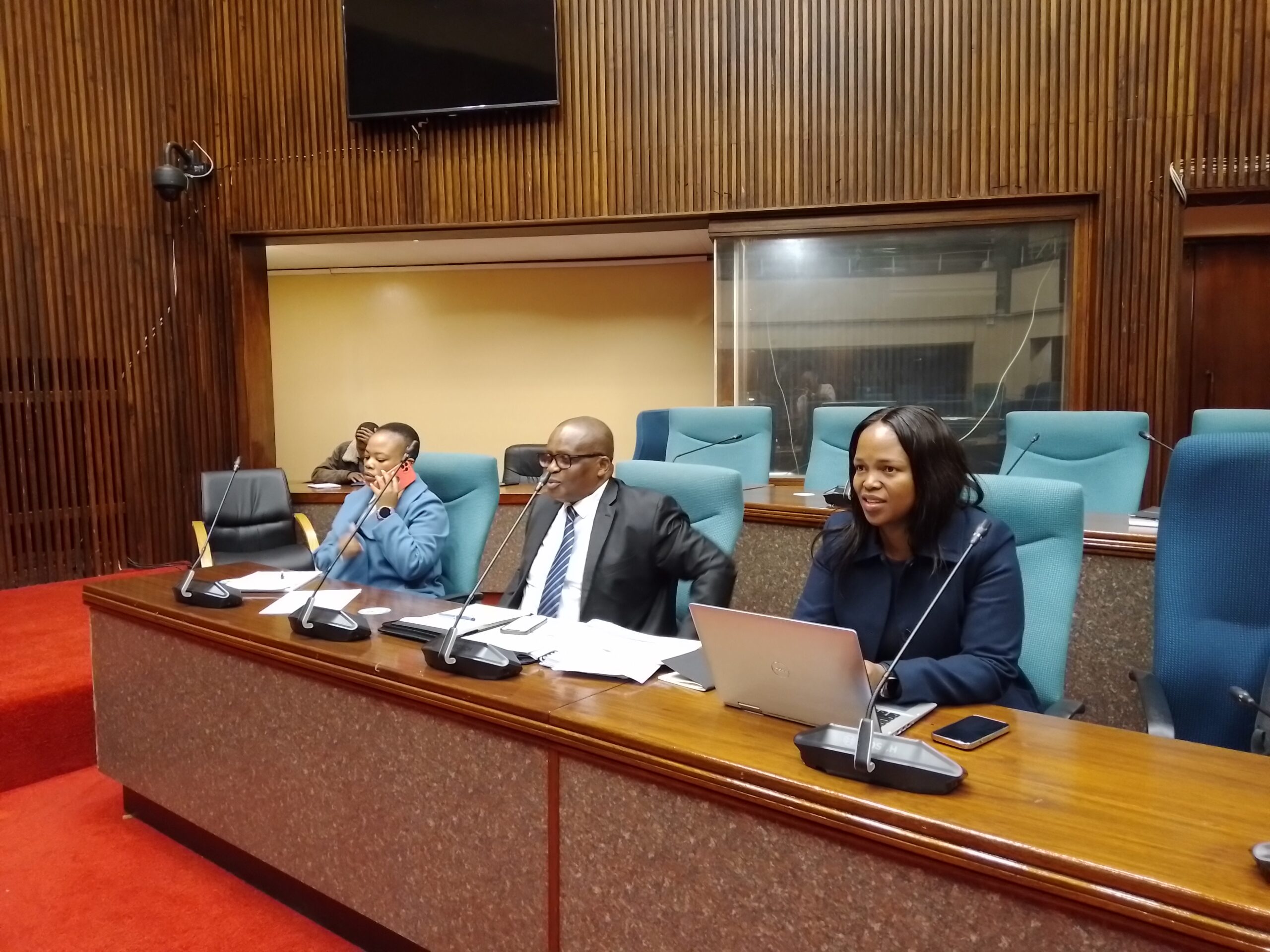
By Sifiso Sibandze
A business opportunity has presented itself to qualified consultancy firms which will be tasked by the government through the Ministry of Health to start the long-overdue overhaul of the struggling Central Medical Stores (CMS).
The Ministry is currently looking for consulting firms who would render their services to conduct an organizational assessment of the CMS and strengthen its capacity to deliver on its mandate including procurement, warehousing, and distribution of health suppliers. Interested qualifying firms have been invited to submit their detailed expressions of interest to the Ministry of Health no later than 11:00 am on July 11, 2013.
The main objective of the assignment is to conduct a comprehensive organizational assessment of the CMS, and recommend what needs to be done to strengthen the capacity of CMS such as defining operational processes, required operational structure, skills set and key performance indicators (KPIs) for monitoring and delivering on its core mandate including procurement, warehousing, and distribution processes.
The government also wants the consulting firm to support the CMS to implement the recommendations to ensure a continuous supply of quality medicines and medical supplies.
Observably, this long-overdue overhaul of the CMS is coming at a time when it has been plausibly clear that the institution is dismally failing to deliver on its core mandate of ensuring an uninterrupted supply of quality medicines and medicinal supplies to the health facilities in Eswatini. Again, the CMS has been failing to ensure that emaSwati have equitable access to these commodities.
READ MORE: Medical first in eSwatini by The Clinic Group
Undisputedly, reports of unavailability of medicines and medicinal supplies in a public health facility have become common, compelling emaSwati to buy medical drugs with their own money. And the sporadic shortage of drugs triggered the Ministry of Finance, through the Auditor General to institute a probe to establish the real cause of the shortage at CMS.
In March, Auditor General Timothy Matsebula tabled a Forensic Investigation Proposal and Audit Acquisition, Distribution and Management of Pharmaceuticals Report he had compiled.
In the report, the AG reported that he discovered that the government has spent over E1 billion in 2022 on the acquisition of medicines for emaSwati.
In the last financial year ended on March 31, 2023, the government allocated E2.42 billion to the Ministry of Health. In the financial year beginning April 1, 2023, the Ministry of Health shall receive a budget amounting to E2.76 billion.
The report was tabled in Parliament last at the beginning of March 2023 by Neal Rijkenberg, the Minister of Finance. It is stated in the report that there was an increase in expenditure of E345 146 948.92 in the procurement of medical drugs for the nation.
The procurement costs increased from E690 000 160.51 recorded in 2021 to E1 035 147 109.43 in 2022. There was also an obsolete stock of E18.3 million recorded in the financial years ending on March 31, 2019, to 2022. In this context, obsolete means out of date.
READ MORE: Eswatini on par with EU countries on free education and healthcare
The pharmaceuticals were procured for public health institutions such as Mbabane Government Hospital, Pigg’s Peak Government Hospital, Hlatikhulu Government Hospital, Raleigh Fitkin Memorial Hospital, Mkhuzweni Health Centre, Nhlangano Health Centre, Siphofaneni Clinic, Siteki Public Health Unit, Horo Clinic, Ntfonjeni Clinic, Herefords Clinic and Maguga Clinic. Others are Mangweni Clinic, Hluthi Clinic, Nkwene Clinic, Zombodze Clinic, Jericho Clinic, Dvokolwako Health Centre and Ezulwini Satelite Clinic.
The AG revealed that pharmaceuticals amounting to E151.6 million were either missing or unaccounted for. In the financial years 2021 and 2022, the AG observed that there was missing stock of medicines and/or unaccounted-for pharmaceuticals amounting to E18 793 823.99.
He mentioned in his audit report that the Ministry of Health acknowledged the missing stock of medical drugs which amounted to E5 848 589.89 as reported in the Medical Drugs Trading Account for the financial year ended March 31, 2022. It was discovered that there was missing stock of E128 452.22 in the 2021 financial year.
He also observed that, in the various health facilities visited, pharmaceuticals amounting to E12 816 781.88 which were acquired during the financial years 2020/2021 and 2021/2022 were not accounted for. The audit discovered drugs valued at E9 308 963.02 for Mbabane Government Hospital were unaccounted for. The Pigg’s Peak Government Hospital did not account for pharmaceuticals valued at E2 283 688.91. Siphofaneni Clinic did not account for drugs amounting to E111 089.08 and Mpolonjeni Clinic had medical drugs valued at E45 990.19 unaccounted for.
READ MORE: Japanese firm unveils plan for floating ‘medical city’ that adapts to climate change
“Pharmaceuticals were either not recorded in stock record cards or no stock cards to record the medicines maintained. Stock card balances and physical count balances were not tallying and shortages in stock received,” reads the audit report.
Over the two financial years (2020/2021 and 2021/2022), the audit report states that pharmaceuticals to the value of E7 730 237.26 were received and paid for by the Central Medical Stores (CMS) even though their life-span was shorter than 18 months.
The AG also reported that no evidence or justification supported the emergency or urgency of the medicine. Instead, there was only an attached document which authorised receipts of such medicine by the senior pharmacist.
The AG felt that this opened a risk of senior pharmacists agreeing with suppliers to accept medicine where there was no urgency. The office of the AG said the short-dated pharmaceuticals were purchased from Swazipharm and ASD Medical Supplies.
Following the advice of the Auditor General, there is an ongoing forensic audit that is being conducted by Funduzi Forensic Services. However, it has since been challenged by two CMS employees, Sincedile Dlamini-Magwaza and Fortunate Bhembe who feel shortchanged and unfairly treated by the team of forensic investigators. The matter is pending before the Industrial Court.




